What is a retrospective party wall agreement? Experts explain what it is and when you need one
If you forgot the need for a party wall agreement you may well find yourself in a sticky situation – fear not, though, our guide is here to help


If you are in the process of renovating, extending, converting a loft or remodelling a semi-detached or terraced house, and haven't given much thought to the neighbouring properties, you may well find yourself needing a retrospective party wall agreement.
Ideally, you should have taken into account any party walls before starting your project, but, in some cases, this can get forgotten about in all the excitement and decision making.
If this applies to you, don't panic, our expert guide to retrospective party wall agreements is here to help.
What is a retrospective party wall agreement?
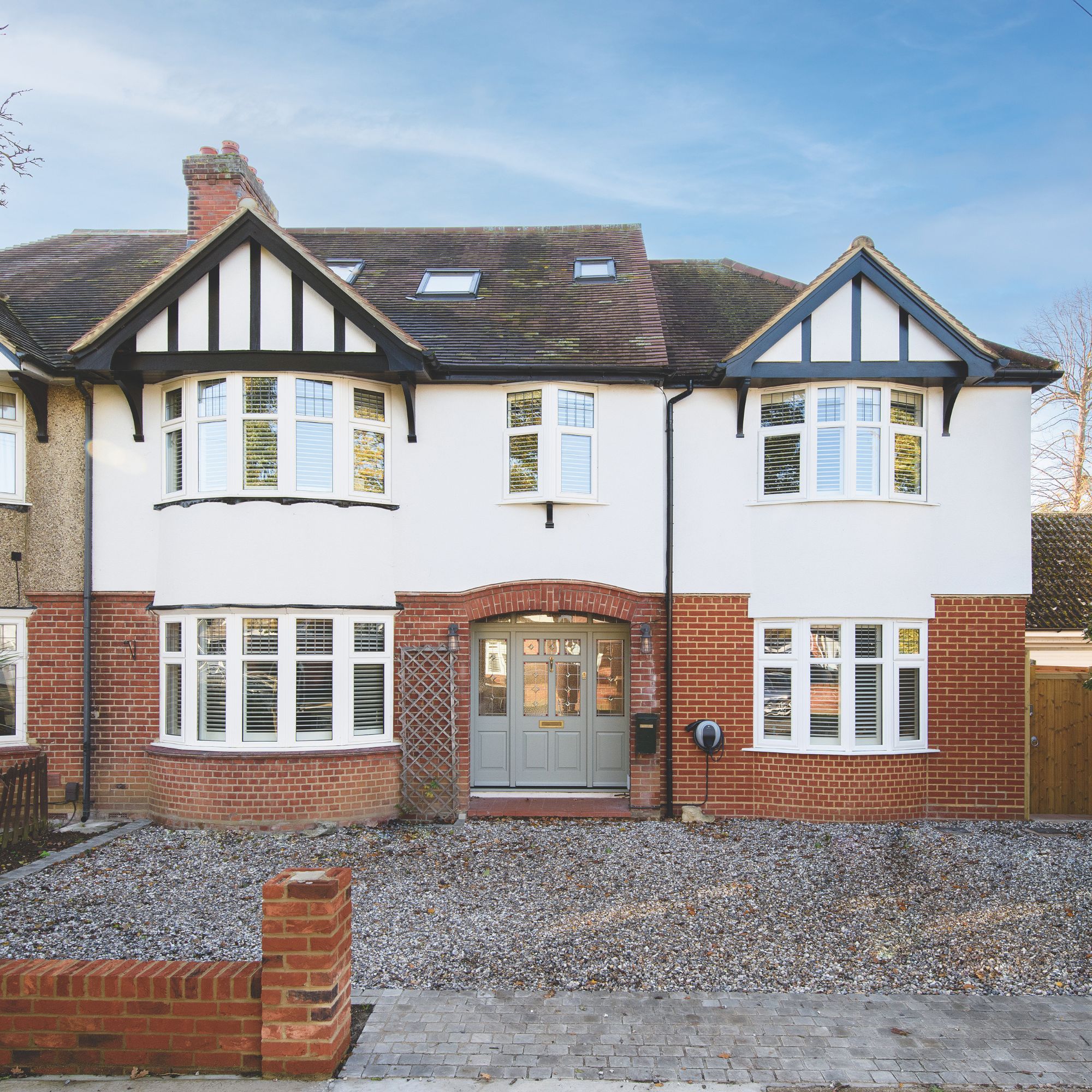
First things first, what is a retrospective party wall agreement?
'This is a Party Wall Award that is put in place once party wall works have been partially or fully completed,' begins Paula Higgins, chief executive of HomeOwners Alliance.
'Normally, if your work affects a shared boundary (party wall) with a neighbour, you must serve notice and, if required, secure a Party Wall Agreement (or Award) before starting,' picks up planning consultant Simon Rix from Planix.uk. 'However, in some cases, homeowners proceed without doing so, either unknowingly or deliberately.
'A retrospective Party Wall Agreement is an agreement sought after construction work has already begun – or even after it has been completed – without following the proper procedures under the Party Wall etc. Act 1996,' adds Simon.
Get the Ideal Home Newsletter
Sign up to our newsletter for style and decor inspiration, house makeovers, project advice and more.
It is worth pointing out here that it is illegal to ignore the party wall act altogether.

Simon was a council officer and later an elected councillor, so he knows how the planning system works from both sides. He went on to set up Planix.UK Planning Consultants Ltd; a consultancy company that advises self builders, home extenders and those taking on small to medium-sized building projects on planning permission.

After spending 15 years reforming housing policy in government, enough was enough. Homeowners needed a voice and HomeOwners Alliance was born.
When might you need a retrospective party wall agreement?
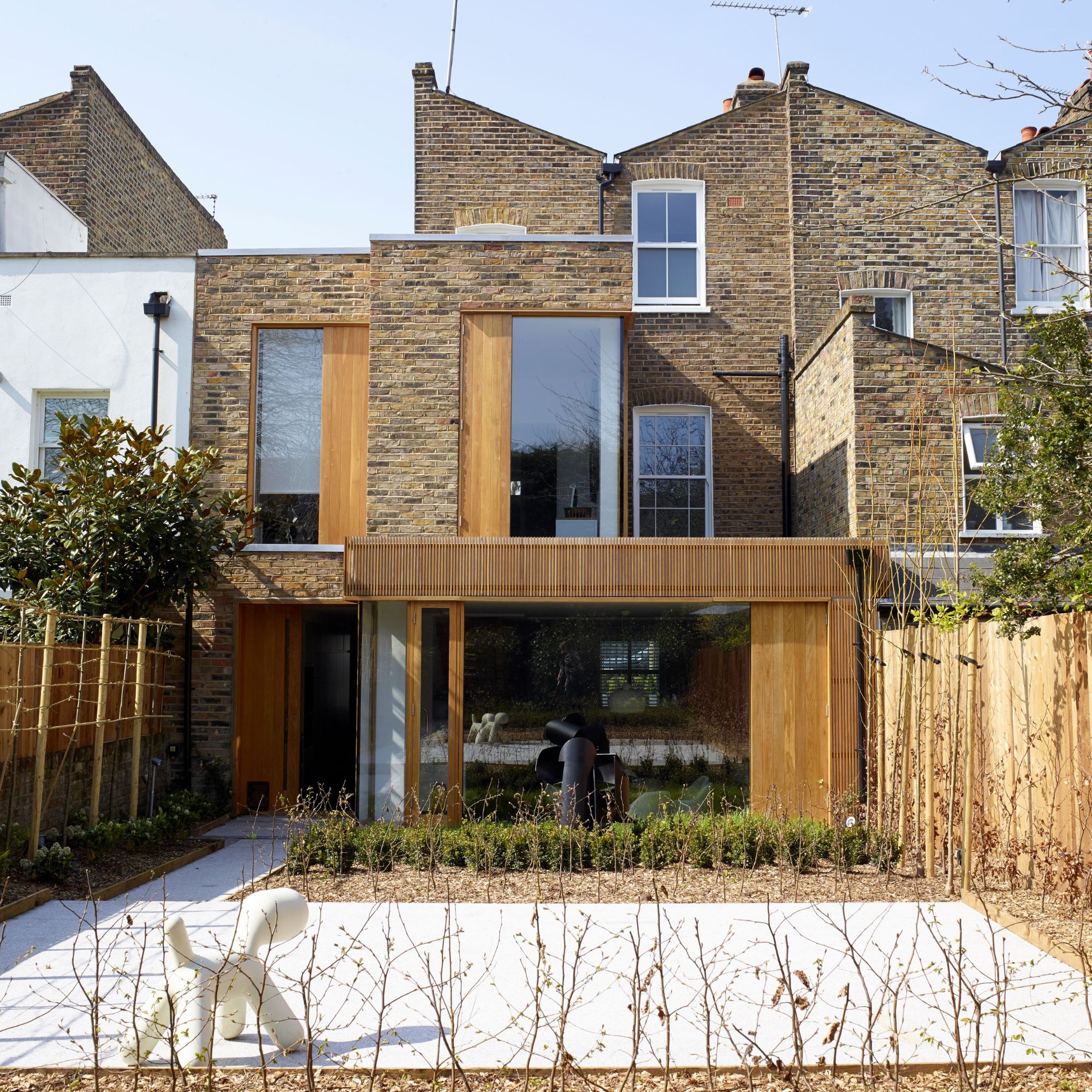
The reasons why you might find yourself needing to obtain a retrospective party wall agreement are usually down to failing to communicate your intentions with neighbours whom you share walls with that will be affected by your works.
'If work has already taken place and you didn’t serve a Party Wall Notice, you might find yourself in a difficult position' explains Simon Rix.
Simon goes on to explain how obtaining a retrospective party wall agreement can help rectify the situation, a little like in the world of planning permission where a retrospective planning application is required.
- Neighbourly disputes. 'If your neighbour becomes aware that work was carried out without notice, they could raise objections, potentially leading to legal action or an injunction to stop the work,' warns Simon. 'A retrospective agreement can help formalise the situation and reduce tensions.'
- Legal protection. 'Without an agreement, you may be liable for any damage caused, and disputes could escalate,' continues Simon. 'A retrospective agreement can help clarify responsibility and settle any outstanding concerns.'
- Selling your property. In some cases, when it comes to how to sell your home, solicitors and lenders might ask for proof of a party wall agreement.
- Transparency. 'They may also be agreed to provide clarity on the scope of works carried out,' adds Paula Higgins.
How do you get a retrospective party wall agreement?
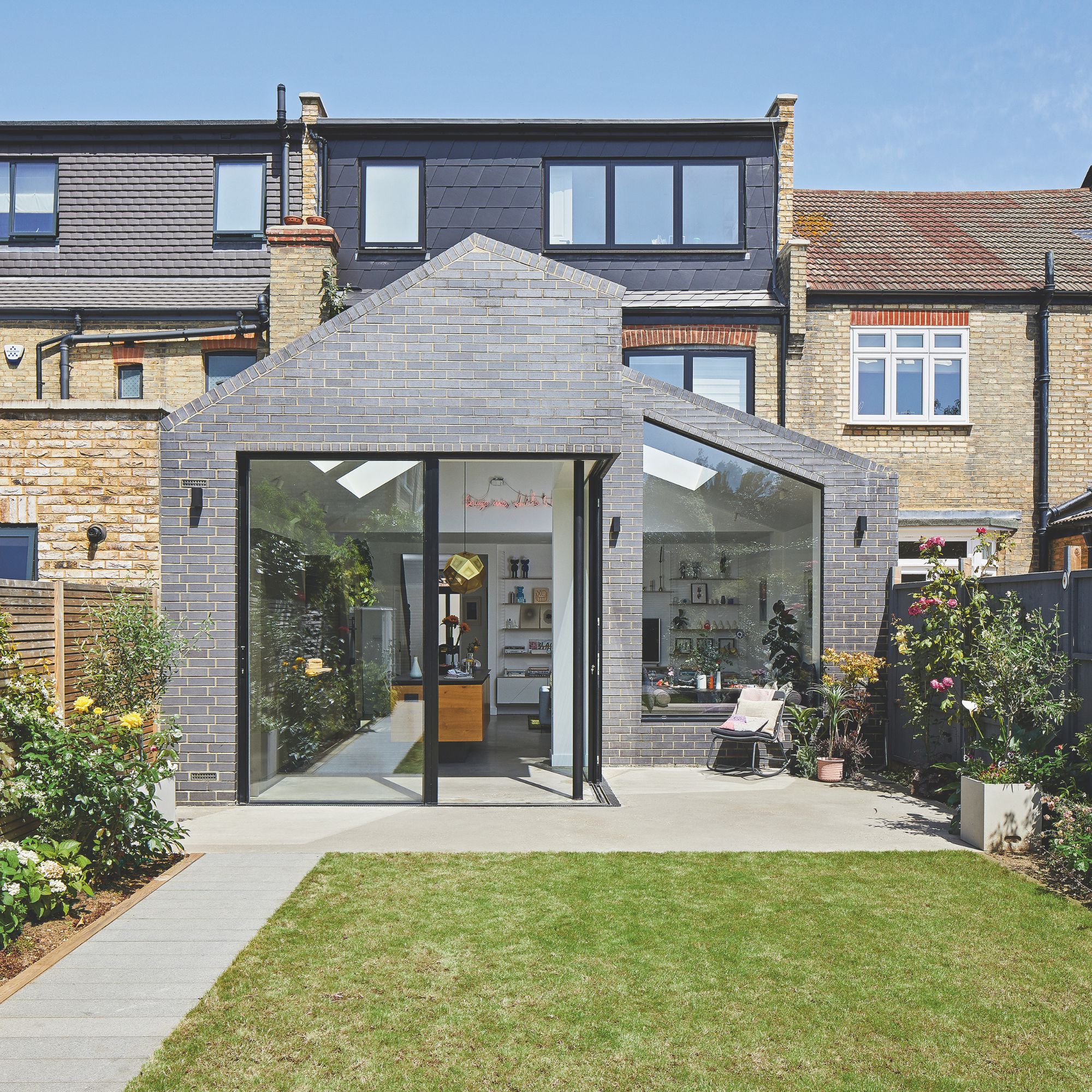
If you find yourself in an difficult situation when building an extension or renovating, with neighbours complaining and threatening legal action, fear not – It is still possible to put things right. But how?
According to Simon Rix, the first thing you should do is get in touch with a party wall surveyor.
'A specialist surveyor can assess the situation and help you navigate the retrospective process,' he explains.
'For a retrospective Party Wall Agreement to be drawn up, an agreed surveyor, or two party wall surveyors, must be appointed with the knowledge of both owners,' adds Paula Higgins.
Next up you need to start a conversation with your affected neighbour(s) – even if they haven't brought up the lack of an agreement.
'If they haven’t raised concerns yet, a proactive approach can prevent disputes,' says Simon. 'If they have, addressing their issues openly is key.'
Once you have a surveyor on board, they can prepare a Party Wall Award on your behalf.
'A surveyor can draft an award detailing the work undertaken, any damage assessments, and future protections for both parties,' explains Simon.
And, finally, should any damage already have occurred, repairs and compensation can be agreed upon to allow the project to continue.
What happens if can't get a retrospective party wall agreement?
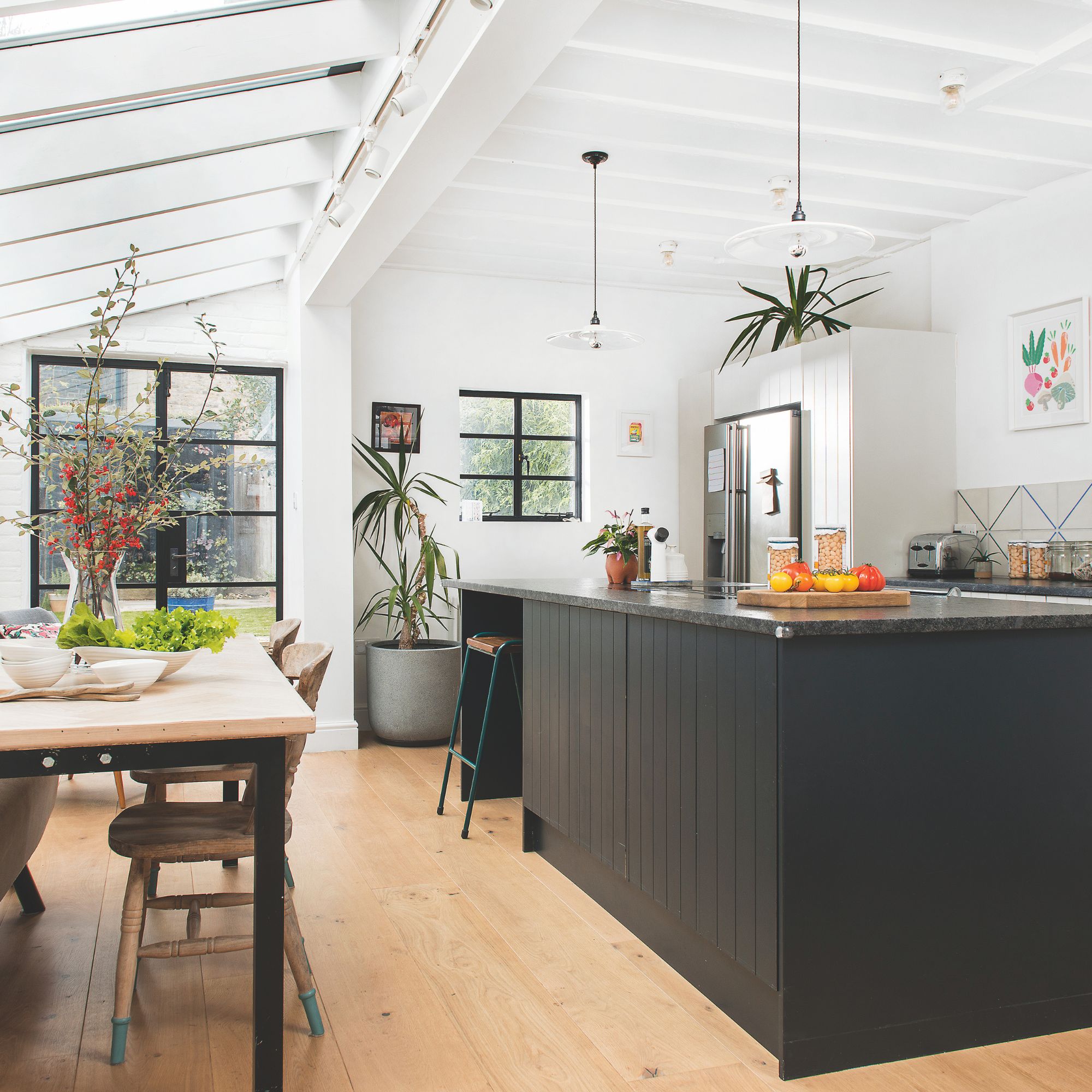
Once you enlist the help of a party wall surveyor and open discussions with your neighbour, it is unlikely that you won't be able to get a retrospective agreement. That said, this is not always a straightforward process.
'Neighbours are not obligated to sign a retrospective agreement, so handling the situation diplomatically is essential,' points out Simon Rix.
Refusal to rectify the situation could mean your neighbours may file a common law claim and you might then need to pay hefty legal costs on an indemnity basis – considerably bumping up your extension costs.
How long does it take to get a retrospective party wall agreement?
There is no fixed timescale for obtaining a retrospective party wall agreement. It could take anywhere from a few weeks to several months, according to the experts.
Timescales are reliant on how speedy each party is at responding, what kind of remedial work needs to be undertaken and how quickly you can enlist the services of a party wall surveyor. In short, this is one of the top extension mistakes you want to avoid.
How much does a retrospective party wall agreement cost?
Again, how much your extension ideas and, specifically, your budget for them will be affected by this, very much depends on whether or not any legal fees have been incurred and how much help you will need from a party wall surveyor.
While the HomeOwners Assocation put the average cost of a party wall agreement at around £1,000, you will need to factor in surveyor fees in the case of a retrospective agreement.
According to Checkatrade, these sit between £90 to £450 per hour.
'Expect delays and, if remedial work is required, additional costs to put them right,' picks up Simon Rix. 'If a dispute arises, legal action is possible, and a court could order remedial work or financial compensation.'
FAQs
Is a retrospective party wall agreement a good idea?
If you have neglected to organise a party wall agreement before starting work on a loft conversion or extension that affects a shared wall, you might have no choice but to seek a retrospective party wall agreement if your neighbour insists.
'While the Party Wall Act doesn’t explicitly mention retrospective agreements, obtaining one demonstrates a willingness to comply with best practices and can provide peace of mind for all parties,' explains Simon Rix. 'It’s always better to follow the correct process upfront, as retrospective agreements can be more complex and costly.'
Finding out you need to apply for a retrospective party wall agreement is not ideal. If you have just moved into the area, take some time to look into how to befriend new neighbours to ensure your project is a happy one.

Natasha has been writing about everything homes and interiors related for over 20 years and, in that time, has covered absolutely everything, from knocking down walls and digging up old floors to the latest kitchen and bathroom trends. As well as carrying out the role of Associate Content Editor for Homebuilding & Renovating for many years, she has completely renovated several old houses of her own on a DIY basis.
You must confirm your public display name before commenting
Please logout and then login again, you will then be prompted to enter your display name.
-
 5 reasons why your grass seed isn’t growing and what you can do to help, according to garden experts
5 reasons why your grass seed isn’t growing and what you can do to help, according to garden expertsFor a lush, green lawn, you have to ensure the conditions are just right
By Kezia Reynolds
-
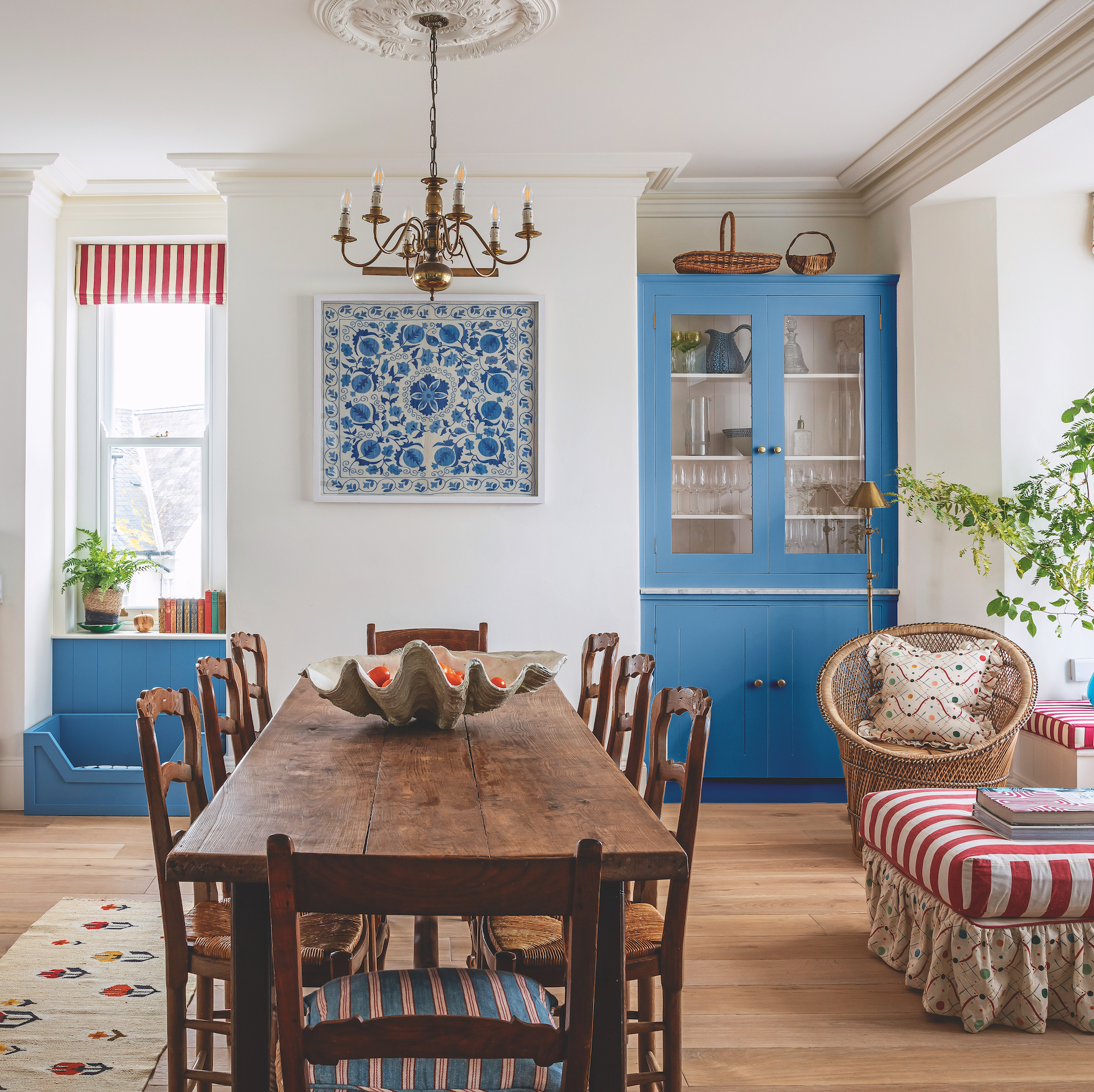 Coastal style gets a cheerful update in this colourful cottage
Coastal style gets a cheerful update in this colourful cottageBright stripes and bold colour blocking make decorating fun
By Sara Emslie
-
 When to sow a clover lawn for an effortless, wildlife-friendly garden – the bees will love you for it
When to sow a clover lawn for an effortless, wildlife-friendly garden – the bees will love you for itYou can get started this month
By Sophie King